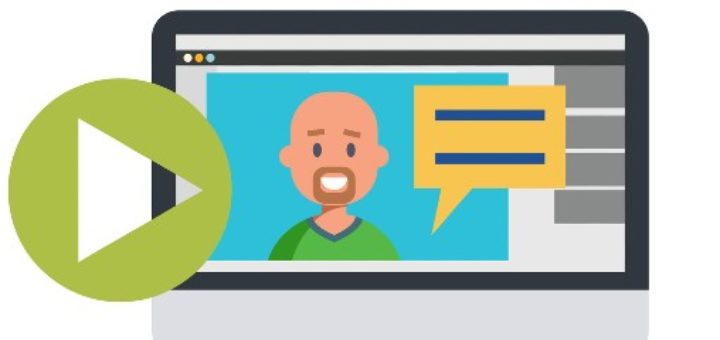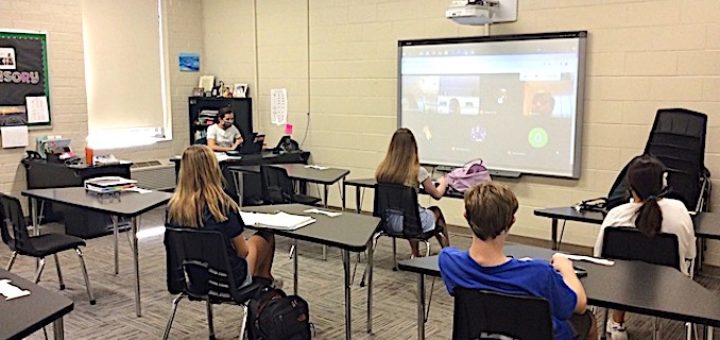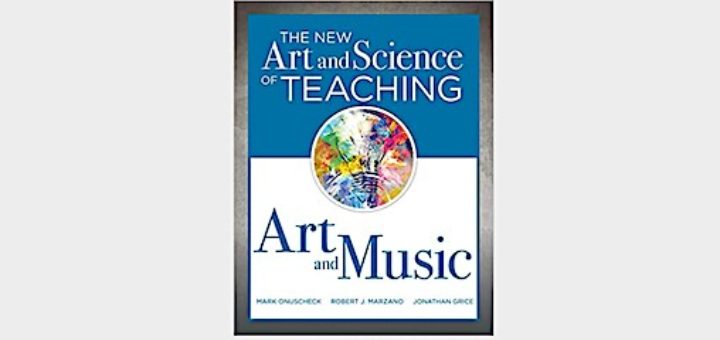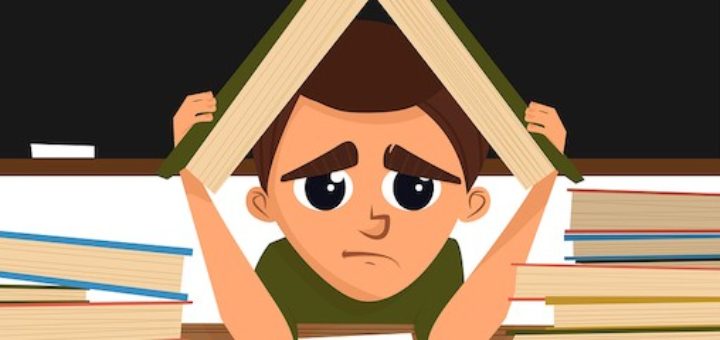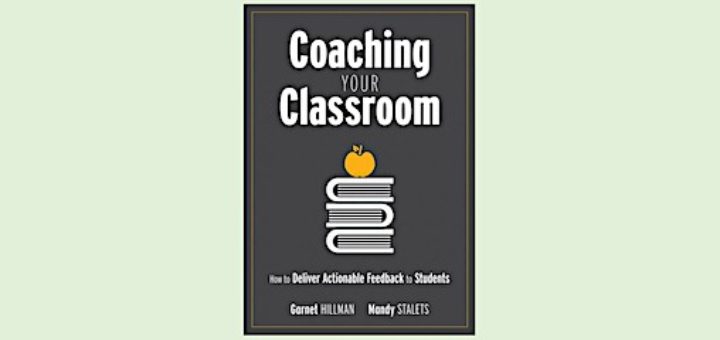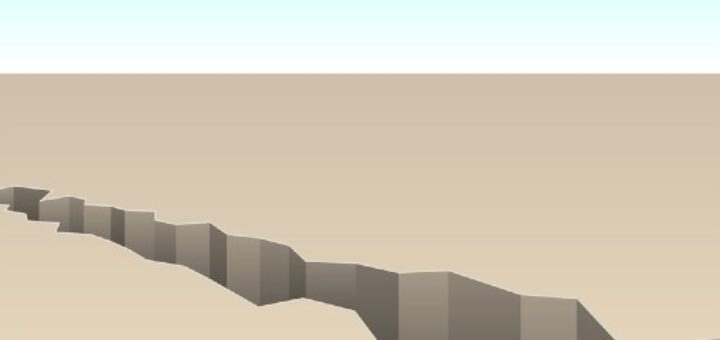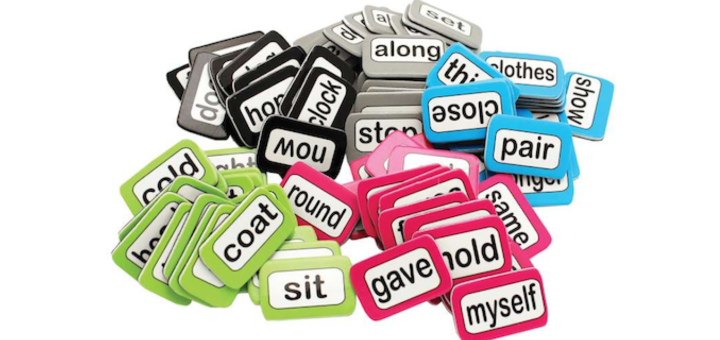Using Edpuzzle to Add Video Pizazz to Lessons
It took the pandemic to convince Lauren Brown to finally check out Edpuzzle as a teaching tool. She’s quickly become a fan. Whether you are teaching live, online or in a hybrid model, Edpuzzle can be a helpful way to engage students in video content that you select or create.


